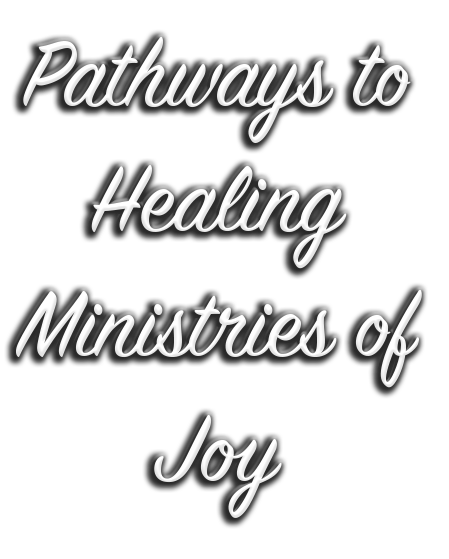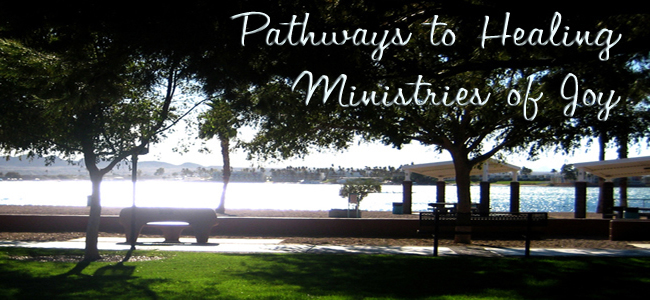By Joy Le Pa
A friend of mine is experiencing memory loss. I feel sad knowing this affects his life.
Recently when it seemed appropriate, I asked, “What is it like as you notice changes that affect your memory?”
He thought for long moments before speaking, then said quietly, “I don’t like it.” It was obvious he was not ready to talk about the “hurt of it” or the “fear of it.”
I did not know how to help my friend when his answer to my question about memory loss was, “I don’t like it.” No one is comfortable with even the thought of losing their memory. If he had stood and shouted, “I hate it!” I may have felt invited in so we could talk further. However, I did not feel inclined to say more. It seemed clear he was not ready to talk about it.
When a friend or loved one suffers a loss it is natural to feel inept. It is always uncomfortable to feel unable to help. Yet, listening to another gives space for them as they may want to say more. Fortunately, after my friend and I talked he made an appointment to see a doctor.
It is important to be real with our emotions, allowing them to surface–then talking about what we feel with a trusted individual or a counselor.
We are emotional people. When we shut down on our feelings it affects our whole being. If we have not learned to listen to our feelings, we are unable to express them. In this way, we miss what our souls are trying to say to us. Valuing the groans felt in our souls and allowing a good cry” at points is seen as gifts we can give to ourselves.
Few people realize that validating their emotions is one of the best things they can do for their physical health, as well as for their emotional and mental health. Many people fear their emotions, as they don’t know how to manage them. Some are even ashamed when the “not-so-good feelings” come up. The truth is that having emotions that feel good and those that feel bad is part of being human. Feelings are neither right nor wrong. They just are.
Truth be known our emotions help us get clear about what is meaningful to us in life. They prompt us to be true to ourselves. Our emotions prompt us at points when to speak up for ourselves or apologize. Emotions help us recognize when we feel “moved.”
At times, we all hold our feelings in–trying not to think about what is going on in life. Yet, gulping down our feelings means we are telling them to go away, “Don’t bother me.”
Dr. Gordon Mate, author of “When the Body Says No” warns that saying “No” to our emotions persistently can cause serious health problems. He advises to “reverse that pattern and avoid such vulnerability.”
Health experts point out that when people repress their emotions both mental health and physical health are affected. Stress, anxiety and depression can result in eating more, drinking more, doing drugs or experiencing other detrimental behaviors. That is when the work of psychotherapists, mental health counselors and psychiatrists can provide important helps. For most of us talking with trusted friends, journaling and praying carry us through our difficult times.
God hears our prayers and is of great help. In 2 Kings 20:5: The Lord told Hezekiah, “I have heard your prayer, I have seen your tears . . .”
About the author: Joy Le Page Smith is a Board-certified clinical chaplain. Her articles and blogs are read in up to 32 countries. Joy’s four books are available on her home page at Healing-with-Joy.com where readers can view her children’s book as a video titled, The Little Mountain Goat Who Was Afraid of High Places.


Leave A Comment